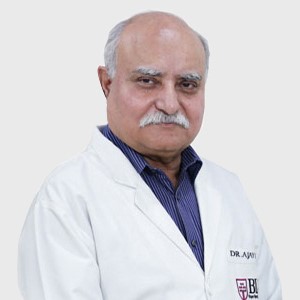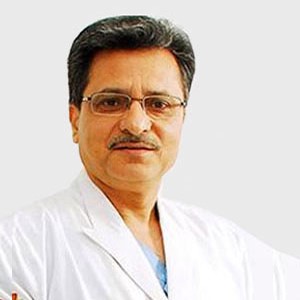Is cervical cancer recurrent?
- In nearly 35% of the patients who had invasive cervical cancer, they developed recurrent or persistent disease post-treatment. In case, the cancer is diagnosed at an early stage, then the chances of recurrence are very low.
Can you be pregnant if you have cervical cancer?
- Once diagnosed, you may have to wait for 6 to 12 months before trying to conceive as there is a higher risk of infertility or miscarriage before that.
- Once, you are treated and your cervical cancer has been completely cured, you can get pregnant, as the studies show that nearly 70 percent of the women get pregnant post it, though some women may need some reproductive assistance.
Is it safe to have sex in cervical cancer?
- One of the leading causes of cervical cancer is HPV, which is transmitted via sex through - vaginal, oral or anal sex. Therefore, in order to have sex when diagnosed with cervical cancer, one must follow safe sexual practices like - use of condoms or dental dams.
- Though the use of condoms does not prevent transmission of HPV completely as it can spread through skin-to-skin contact also, it can definitely lower the risk of developing HPV-related cancer.
How much time does it take for the surgery in cervical cancer?
- The surgery for cervical cancer can take around 3 to 5 hours on average without any complications.
What type of radiation therapy is recommended in cervical cancer?
- There are two main types of radiation therapy recommended for the treatment of cervical cancer,
- 1.Brachytherapy - Also known as internal radiation therapy and in this, the radiation source is present either near or in cancer and is only used in cases where the radiation need to travel a short distance and the radiation source is placed in the vagina.
- 2.External beam radiation - Also known as EBRT and in this the X-ray beams are aimed at cancer, and the process is almost similar to getting an X-ray.
What is the average cost required for the treatment of cervical cancer?
- Depending on the stage and hospital the cost,
- •Chemotherapy in India can come up between 1.5 lakhs to 4 lakhs.
- •Radiotherapy is somewhere between 1.5 lakhs to 3 lakhs
- •Surgery cost comes up somewhere between 3 lakhs to 7 lakhs
How many days stay in the hospital is required after the treatment?
- Post the cervical cancer surgery, almost 3 days up to a week stay is required and almost 4 to 8 weeks recovery time is needed to heal. There might be some additional stay required in between the radiotherapy and chemotherapy for managing the symptoms or for palliative care.
What is the follow-up treatment done after cervical cancer treatment?
- Once your cancer is completely cured, it is very essential to keep in touch with your doctor, the follow-up treatment required after cervical cancer treatment includes,
- •Post the treatment make sure you visit the doctor every 3 to 6 months at least for the first 5 years and then every 6 months post that.
- •Pap tests are recommended with every visit.
- •In case the symptoms or signs are seen, then imaging tests should be done.
What are the best hospitals for cervical cancer in India?
- •Fortis Memorial Research Institute, Delhi
- •Apollo Hospitals, Chennai
- •Gleneagles Global Hospital, Chennai
- •Nanavati Super Speciality Hospital, Mumbai
- •Medanta - The Medicity, Gurgaon
- •Max Institute of Cancer Care, New Delhi
What are the Best Doctors for cervical cancer in India?
- Dr. Sandeep Batra (Max Hospital, Delhi)
- Dr. Praveen Kumar Garg (Apollo Hospitals, Delhi)
- Dr. Sameer Kaul (Indraprastha Apollo Hospital, New Delhi)
- Dr. Rama Joshi (Fortis Hospital)
What are the steps taken to prevent cervical cancer?
- Cervical cancer can usually be prevented with regular Pap tests and HPV tests. The other steps one can take to prevent cervical cancer are,
- •Getting the HPV vaccine
- •Avoiding numerous sex partners
- •Practicing safe sex with the use of condoms and dental dams
- •Not having sex until the age of 16 or till late teens
- •Avoiding sex with partners who have had multiple sex partners
- •Avoiding sex with people who have genital warts or show any other symptoms of sexually transmitted diseases
- •Avoid smoking
 India
India USA
USA UK
UK Thailand
Thailand Singapore
Singapore










